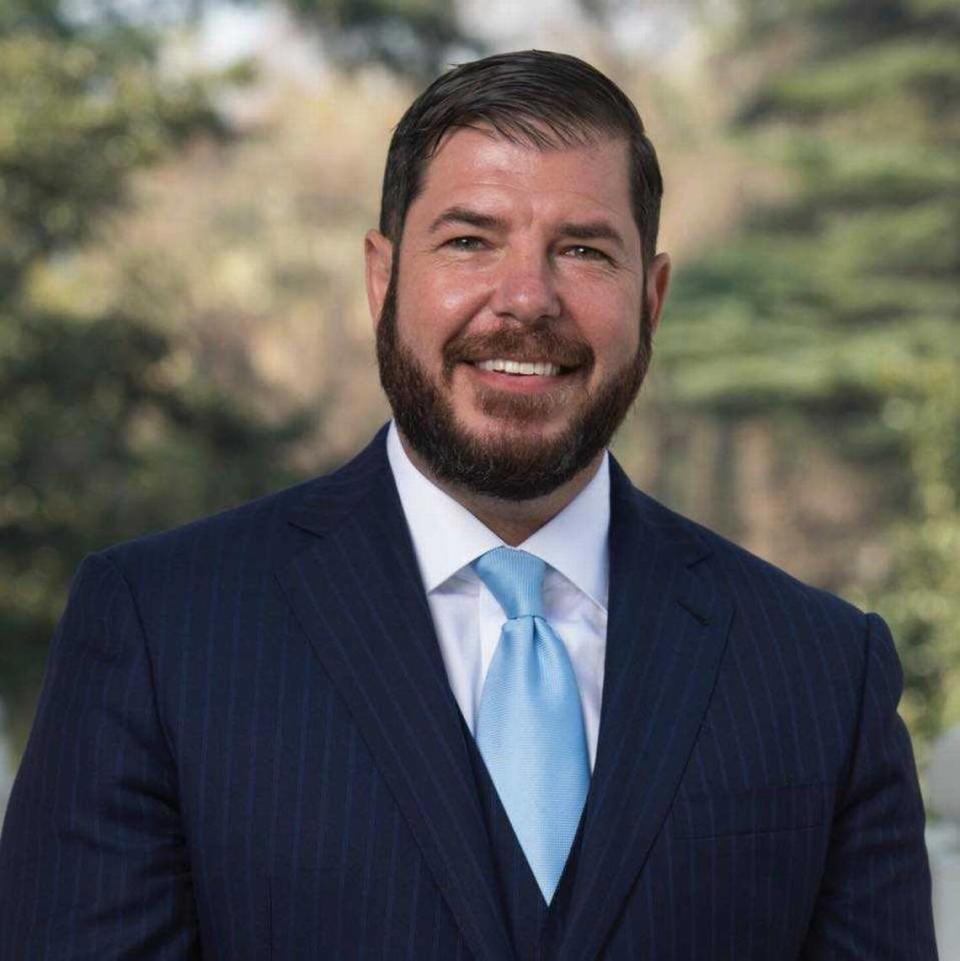Newsom, state lawmakers must act fast to give millions of Californians access to food | Opinion
As a physician, I know firsthand how hunger can harm a person’s health. As a lawmaker, I know that an upcoming change in federal law will cause severe difficulty — what’s being called “the hunger cliff” — for millions of Californians.
On Sunday, March 26, California issues the last COVID-related food assistance “emergency allotments” to people participating in CalFresh, the program formerly known as food stamps. This means that 5 million Californians who rely on CalFresh will receive at least $95 less each month to put food on their tables. This change will especially impact older adults — their allocations will be slashed by more than $250 each month.
This Congress-caused cut in the food assistance safety net comes at the worst time for our most vulnerable communities. Inflation has triggered the highest food prices in decades. We know people already are struggling, and rising food costs exacerbates their fiscal crises. Less money for food means more people will skip meals to keep a roof over their heads — and more skipped meals will mean more people coming to hospitals with diet-related and stress-related health issues.
We also know that people are seeking help from community food banks, such as the Central California Food Bank. This is putting a strain on these trusted resources that themselves will need more support from kindhearted neighbors, donors and philanthropists.
California must help alleviate this pain and keep the neediest from falling off the hunger cliff. It is a somber irony that my Assembly district is in the San Joaquin Valley, which produces food to feed the entire world. And, yet, so many people in this Valley can’t afford this food.
California should expand two already existing CalFresh supplemental benefit programs — one to help participants purchase fresh fruit and vegetables and the other to access safe drinking water.
The CalFresh Fruit and Vegetable Supplemental Benefits program — which provides up to $60 per month in matching dollars when people buy fresh fruits and vegetables with their CalFresh benefits — now is operating at a small number of grocery stores and farmers markets. It should be greatly expanded to reach hundreds of thousands of families. Assembly Bill 605, a bipartisan bill that I am proud to have authored this year, would build on the investment that the California Department of Social Services made in launching this program and allow it to scale to help many more people.
The state also should expand the CalFresh Safe Drinking Water Pilot. In my district, people pay bills for water they cannot drink because it’s unsafe. The water pilot provides $50 per month to families who don’t have access to safe tap water to help offset the added expense of having to buy water. I am proud to support a budget proposal that would expand the program. In addition to being effective, these programs also are highly efficient — with more than 95% of every dollar put into the program going straight to CalFresh participants to help them make ends meet.
It’s shameful that these essential funds are called “supplemental.” Working adults, children, and seniors are struggling not only with rising food prices but rent increases, high gas prices, and more. The programs I’ve described won’t alone be able to fill the gap created by the end of federal emergency allotments, but they can help keep the food assistance safety net intact.
I hope that Gov. Newsom and the Legislature will come together at this critical juncture to support expanding these supplemental benefit programs. We must help our fellow Californians put food on their tables.
Joaquin Arambula represents Fresno County in the state Assembly and is an emergency room physician.


